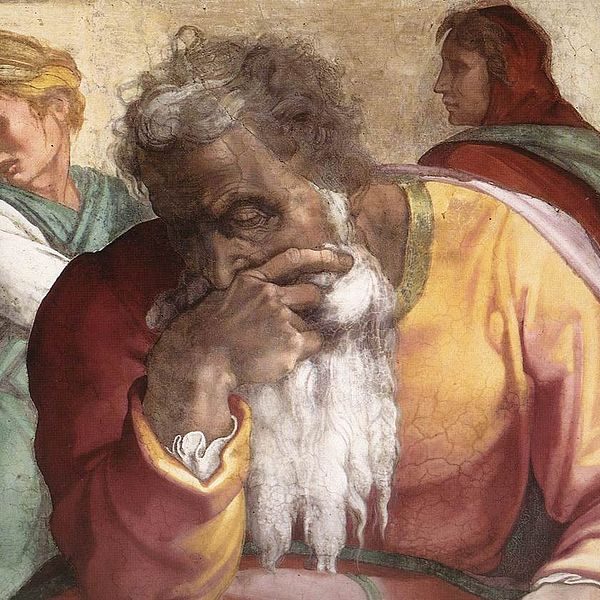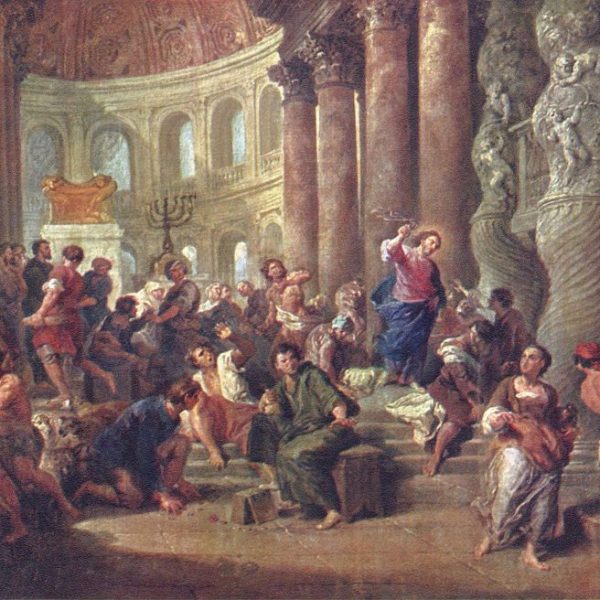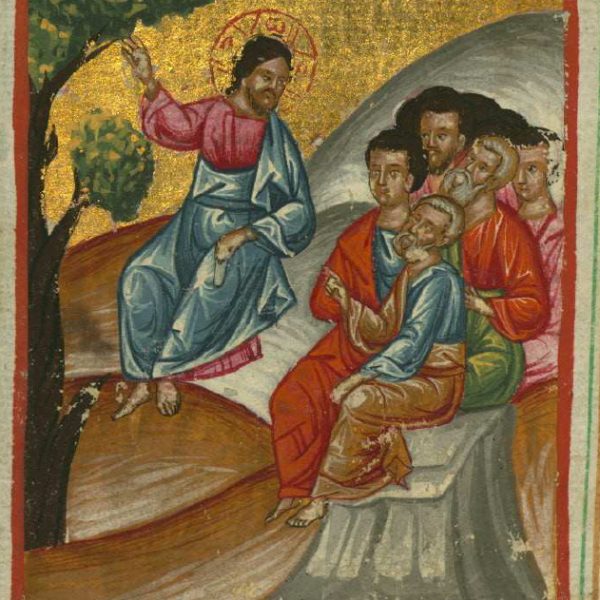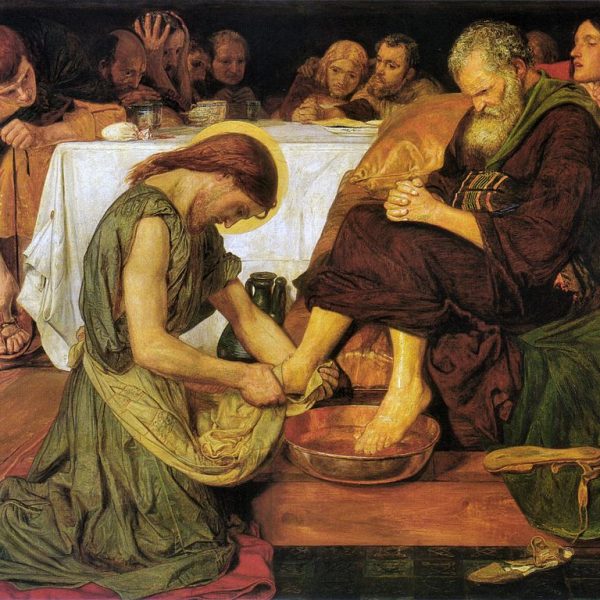
As we are prepared to empty ourselves, we can experience “the beginning of the other”, the Reign of God.
By Fritz Wendt
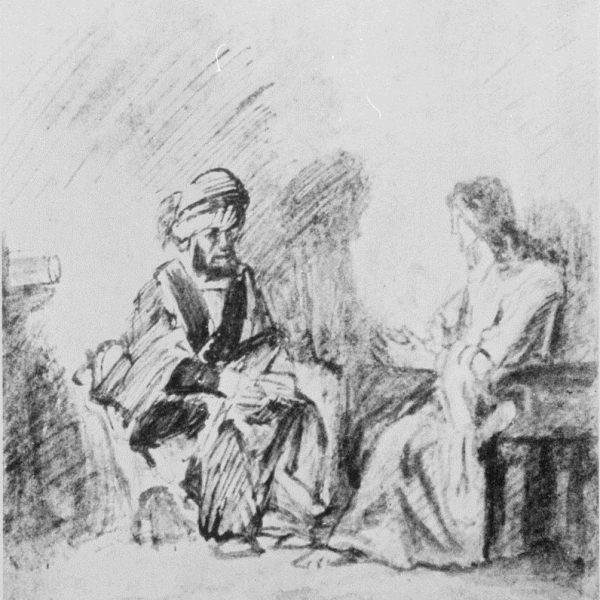
To understand the meaning of John 3:16, we must reject the popular image of a docetic Jesus.
By Jimmy Haring

It is the crucified Christ who sends us out to his sisters and brothers who are being crucified by the powers-that-be every day. Are we willing to do what Jesus requires and die in the process? Or will we deny Jesus in order to save ourselves?
By Fritz Wendt

God brings his judgment in and as the light, providing us with a pattern for human justice.
By Melissa Dow
